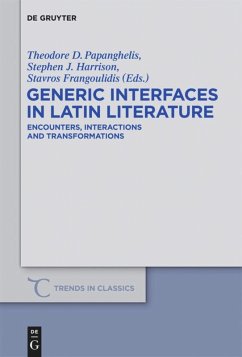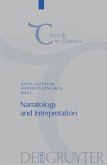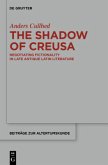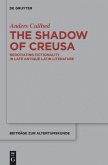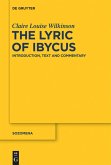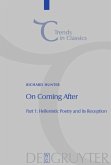Neither older empiricist positions that genre is an abstract concept, useless for the study of individual works of literature, nor the recent (post) modern reluctance to subject literary production to any kind of classification seem to have stilled the discussion on the various aspects of genre in classical literature. Having moved from more or less essentialist and/or prescriptive positions towards a more dynamic conception of the generic model, research on genre is currently considering "pushing beyond the boundaries", "impurity", "instability", "enrichment" and "genre-bending". The aim of this volume is to raise questions of such generic mobility in Latin literature. The papers explore ways in which works assigned to a particular generic area play host to formal and substantive elements associated with different or even opposing genres; assess literary works which seem to challenge perceived generic norms; highlight, along the literary-historical, the ideological and political backgrounds to "dislocations" of the generic map.

